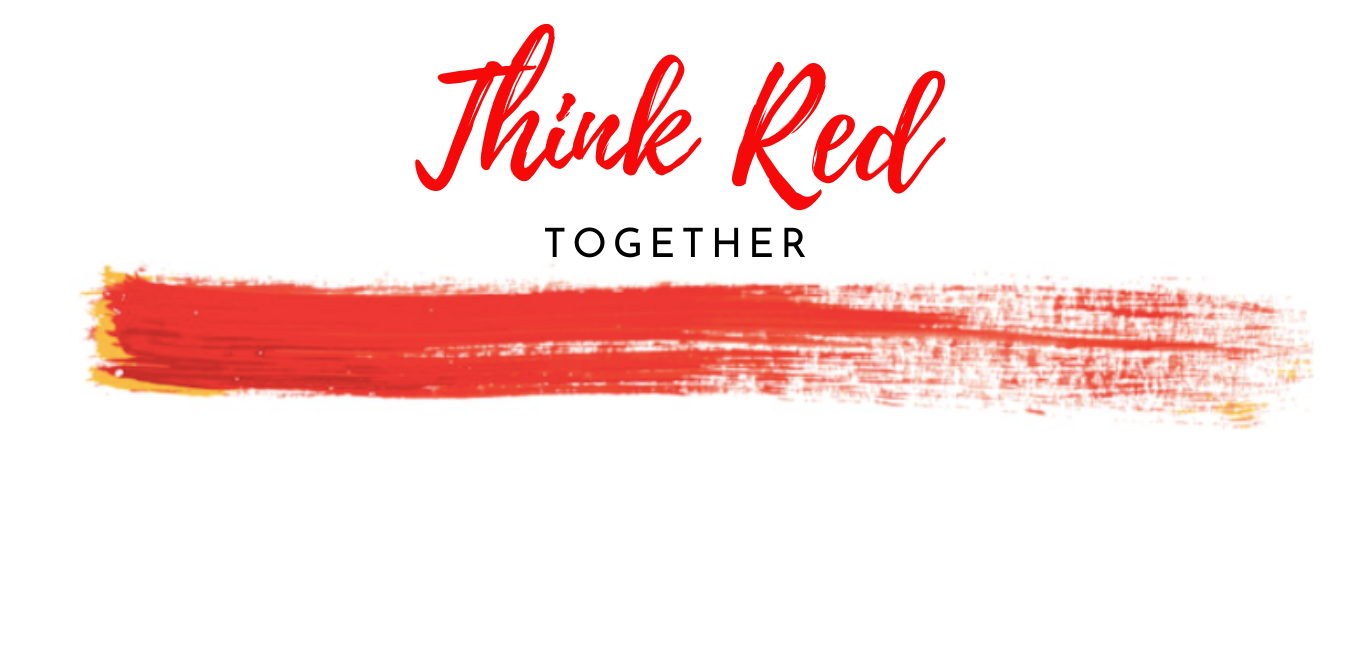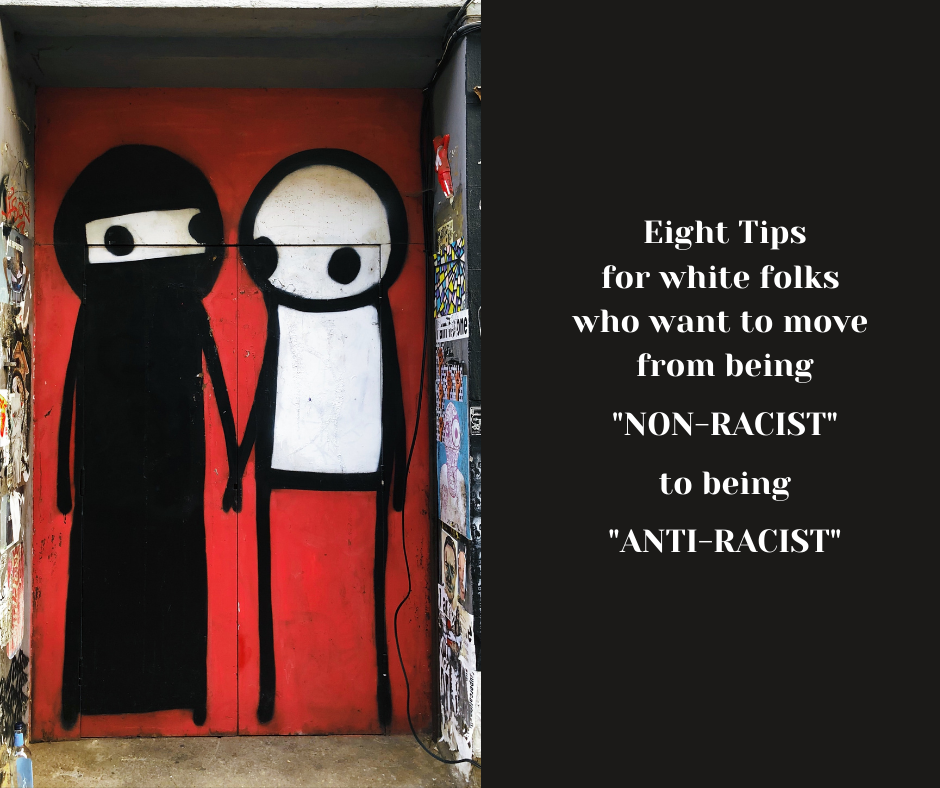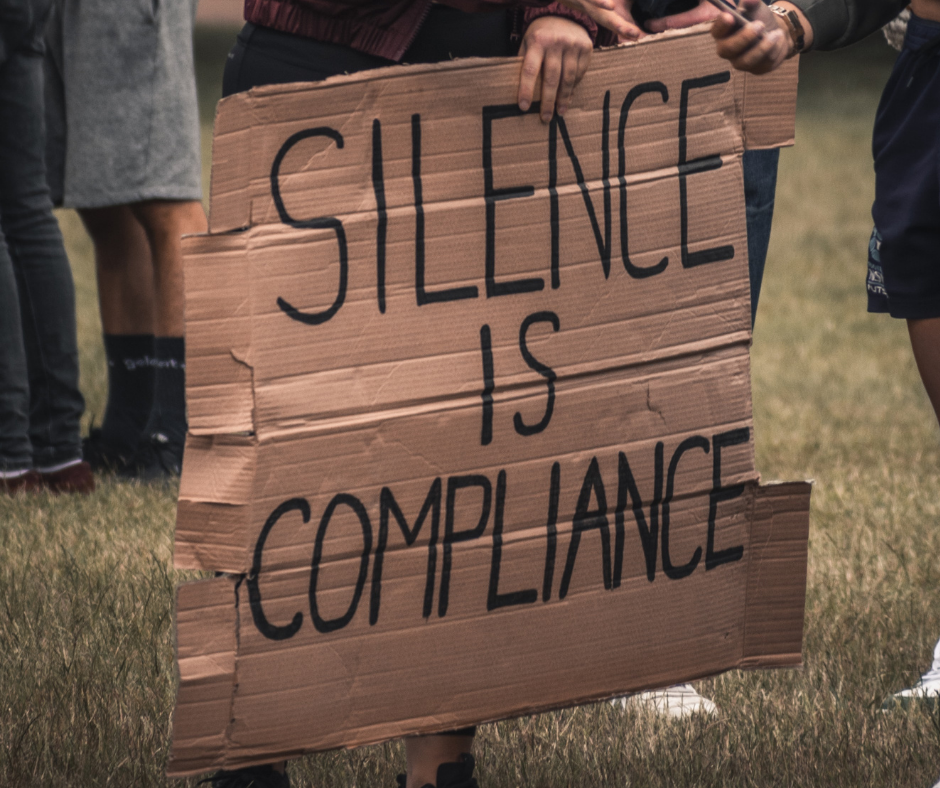|
Do you believe Jesus was a nice guy? I do. I believe his compassionate and gentle spirit compelled people—especially those who were broken and beat up by the world—to follow him. But as soon as I get comfortable following Jesus “The Nice Guy,” I’m reminded of Phillip Yancy's question: How would telling people to be nice to one another get a man crucified? What government would execute Mister Rogers? Jesus was more than nice and kind. He was more than a lamb-toting shepherd. He was a man committed to justice! His love for the poor motivated him to challenge the religious and political systems that benefitted some and oppressed others. When the economic system in the temple prevented gentiles from having access to a place of prayer he interrupted the economy by turning over the moneychanger’s tables. When entire classes of people were shunned, Jesus invited them to his table, making it clear that everyone’s life mattered to him. When the legal system limited access to healthcare, Jesus acted with civil disobedience and healed people on the Sabbath. Jesus was more than nice; he was bold and courageous. He spoke out for the oppressed and gave his life to bring God’s righteousness on earth. When people speak truth to power and challenge oppressive systems, as did Jesus, those in power will often demonize the truth teller. In Matthew chapter 12 Jesus heals a man on the Sabbath. He confronts the Pharisees and shines a light on the injustice of their legal system. In response the Pharisees “went out and plotted how they might kill Jesus.” (v.14) Their plot included a public slander campaign, creating a demonizing narrative to sway people’s opinion: “It is only by Beelzebul, the prince of demons, that this fellow drives out demons.” (v. 24) The threat of murder and the fake news about his character did not hinder his determination to pursue God’s righteousness. Jesus set his eye on the kingdom of God and pressed on toward the goal of making God’s righteousness and God’s goodness know and accessible to everyone. Jesus didn’t play it safe. He knew “being nice” wouldn’t change the unjust laws that oppressed his neighbors. In the middle of this drama Jesus speaks out and says, “Whoever is not with me is against me, and whoever does not gather with me scatters.” (v.30) Jesus draws a line in the sand and makes it clear to those who would follow him: There is no middle ground. This scene in the life of Jesus—and his line in the sand—reminds me of the words spoken by Angela Davis: “In a racist society it is not enough to be non–racist. We must be anti–racist.” In a world where social injustice persists and systemic racism lingers, those of us who are “with Jesus” must do far more than be nice; we cannot settle for being non–racist, we must actively work to dismantle the social evil of racism. We must be anti–racist! Ibram X. Kendi, author of How to Be an Antiracist, says: “The only way to undo racism is to consistently identify and describe it—and then dismantle it.” For my white brothers and sisters, intellectual and emotional awareness of racism is a good first step. Me must listen and learn from our black and brown brothers and sisters. We must place ourselves in uncomfortable spaces, where we’re not the dominant culture, and feel what its like to be different than the majority of folks in the room. We must be vulnerable and willing to have the uncomfortable conversations about race. But emotional and intellectual awareness of racism is not enough; we must follow the awareness with action. One fear us white folks have about actively addressing racism is that we might say or do something wrong—maybe even harmful; so we choose to say nothing at all. This fear, which some call white fragility, will convince us the best thing we can do is to stay in our “nice, non–racist” comfort zone. But times have changed. We no longer have the luxury of hiding in our place of comfort. If white Christians want to be true to the way of Jesus we must step up and start living out our faith in the Anti–Racist Zone.
4 Comments
Bruce P Tucker
5/18/2021 06:47:20 am
First you made me feel mad. Then you made me think. But Larry, here is my dilemma. I have not felt I was a racist or prejudice. But I have more negative feelings than I ever did as I watch downtown Louisville being destroyed in the name of social justice, Joey Davis (do you remember him from church?) retiring from LMPD before he planned to because of the racial situation and I can go on and on. Leadership has backed away and wrong things continue. How do I keep myself from turning into my mother? And if I join a group in an attempt to change things, can I voice these thoughts without being labeled immediately as a racist. I welcome dialogue because I keep hearing about the problems and when I'm asked to help it's in the form of $50, $100 .......you get the drift. 502-241-6406.
Reply
Larry
5/19/2021 12:24:31 pm
I’m so grateful for you comments and questions; I truly believe having conversation about racial justice will help expose and dismantle racism in both its explicit and implicit forms. I’m going to share a few of my initials thoughts; if you would like to discuss further we can post back and forth here or set a time to talk privately.
Reply
Mark Smithson
5/19/2021 05:05:34 pm
How about, Learn and speak about the positive aspects of diversity. In business, it is a great thing to have your work force resemble your customer base. Having input from a variety of life experiences, social economic status, cultures, etc. gives you a better understanding of all issues. If we promote diversity in this positive way rather than in the negative of past racism we’ll create greater equality without disparaging any one unduly.
Reply
larry W stoess
5/20/2021 04:30:29 am
YES Mark, thanks for sharing your though. Celebrate diversity! Enjoy it. Savor it. Learn from it. One of my favorite Richard Twiss quotes says something like this: If we want true unity we must first have diversity, for unity without diversity is nothing more than conformity.
Reply
Leave a Reply. |
AuthorLarry Stoess is an author, public speaker, and urban church planter. He loves telling stories about how dreaming with God will empower people to make old and broken things new again. Larry and a band of friends founded the Church of the Promise in Louisville's Portland neighborhood; The Table, a pay-what-you-can community café; and Promise Housing Plus, a non-profit construction company. He has written about their experience of dreaming with God in his new book: Think Red. Archives
August 2023
Categories |
|
Contact Us |




 RSS Feed
RSS Feed